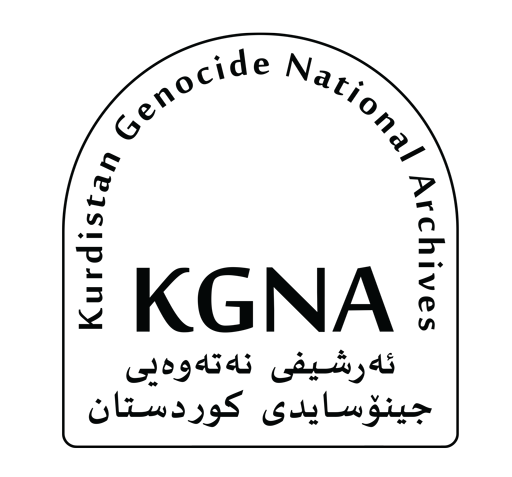The Massacre of Sorya Village – 1969
Sorya is a small village located in the Silivani plain in the Zakho district of the Kurdistan region of Iraq, a few kilometers away from Fishkhabur. It lies on the left bank of the Tigris River, near the Syria-Turkey-Iraq border triangle. The population was around 20 families, most of whom were Christians, making a living through farming and raising livestock.
On September 16, 1969, the Iraqi army gathered both Muslims and Christians from Sorya village, including the elderly, young, men, and women, as well as the village priest, and brutally killed 39 people: 25 Christians and 14 Muslims. They were all buried in two mass graves, one for women and the other for men, near the village.
On September 16, 1969, Iraqi army vehicles raided the villages around Duhok province, searching the homes one by one and subjecting the villagers to torture and harassment. That morning, Sorya village was preparing for a Christian religious ceremony, and for this purpose, a priest had come from Duhok to participate in the event. The army arrived at the village, and the soldiers had breakfast there. Later, the forces moved on. After a while, a planted mine near the village of Sorya exploded, destroying one of the military vehicles and killing and injuring its passengers. Due to the village’s proximity to the site of the explosion, several military forces approached the village shortly after the incident to exact revenge. That same morning, the soldiers had eaten breakfast in the village, and the villagers, unaware of the looming danger, were busy with their daily activities and the religious ceremony. When the villagers saw the military convoy approaching again, the village chief, Mam Khamo, along with a priest, went to greet the soldiers in an attempt to prevent any harm. However, upon reaching the soldiers, an officer named Abdulkarim Jheishi said, “Do you know what happens to those who attack us?” They replied that they knew nothing about it, but Jheishi responded with harsh words.
They were arrested as soon as they reached the soldiers, without any investigation or interrogation. The army then surrounded the village and forcibly dragged women, children, and young men out of their homes. They were imprisoned within a temporary enclosure, and despite the cries and pleas of the women and children, the soldiers committed horrific crimes. They tied up and killed everyone, leaving no survivors except a few who managed to escape before the army arrived. In the end, the army set fire to the homes, destroying the entire village. The Ba’ath Party’s political programs in the Kurdish villages reached their peak of injustice and aggression, aiming to destroy economic infrastructures under the “scorched earth” policy. They even found five children hiding in the grain storage and killed them. In total, in addition to looting all of the village’s wealth, including cutting off the women’s hands and fingers to take their gold rings and bracelets, the total death toll reached 39 people, including 9 women and 11 children. All of them were buried in two mass graves near the village, one for women and the other for men.
After the liberation of Iraq and the fall of the Ba’ath regime, this crime, like many others, was exposed. The case was referred to the Iraqi High Tribunal for Crimes. Unfortunately, due to the execution of the verdict in the Dujail massacre case against Saddam Hussein and the reduction of the court’s scope, this case, along with others, remained unresolved, raising further doubts about the pursuit of justice in Iraq.
In 2011, in the village of Sorya, a mass grave was unearthed by the Ministry of Martyrs and Anfal Affairs and a special team. The remains were sent to Forensic Medicine in Erbil for DNA testing to identify the victims. Later, in a ceremony, they were reburied in the same village, and a monument was erected over their graves.

